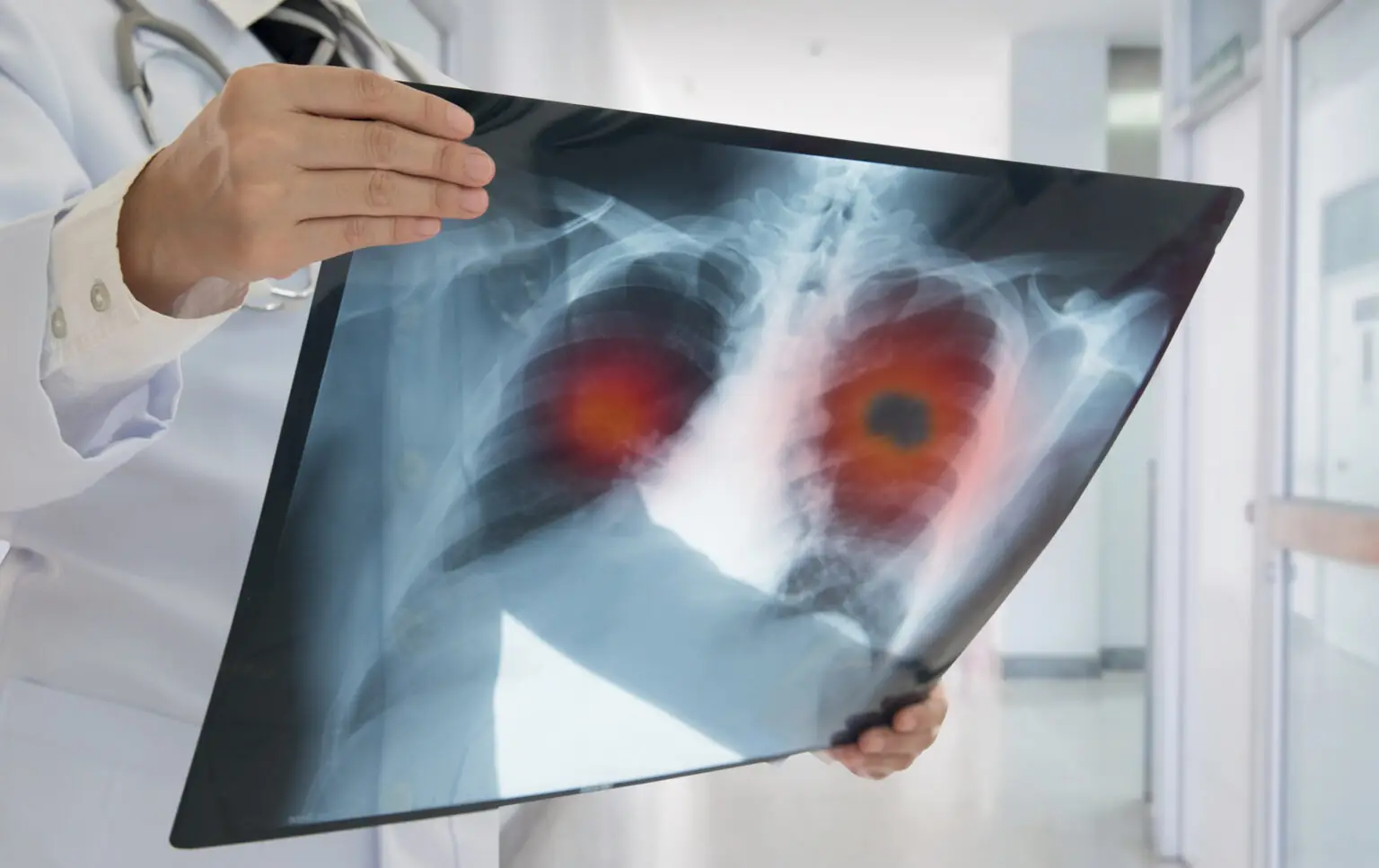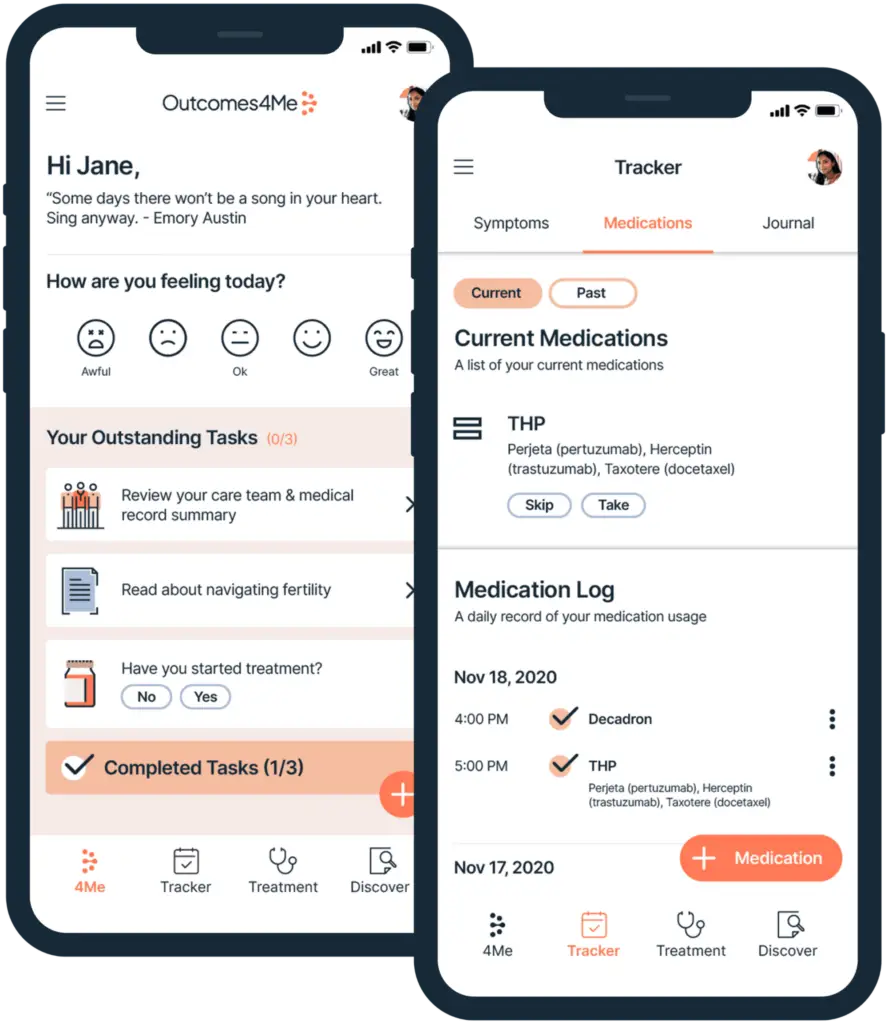Lung cancer is typically classified as one of two types: small cell lung cancer (SCLC) and non-small cell lung cancer (NSCLC). Despite both being lung cancers these have different disease trajectories and treatments. The majority of lung cancer cases in the U.S. are determined to be NSCLC at diagnosis and that will be the focus of this article; unfortunately, when a patient receives a diagnosis of NSCLC and it’s stage, it’s estimated that up to 40 percent of these lung cancer cases have already spread beyond the lungs (which means they have “metastasized”). Once a cancer metastasizes beyond its primary organ, it’s no longer considered curable, but there are still many treatments to help control the spread of disease.
If you or a loved one receive a NSCLC diagnosis, it’s very important that you have a conversation with the treating oncologist about the stage of the cancer as this will determine treatment choices.
According to the American Cancer Society, the American Joint Committee on Cancer bases its staging on three pieces of information:
- The size and location of the primary tumor–as well as if the primary tumor has grown into surrounding areas like the chest wall. This is known at the T (tumor) stage.
- Lymph node involvement: This measures whether there are cancer cells found in nearby lymph nodes and is referred to as N (for nodes).
- Metastasis (M) is based on whether the cancer has spread outside of the lung and to other organs such as the bones, liver, or brain.
Once your oncologist evaluates each of these factors, they will assign a stage to your NSCLC. The American Lung Association provides a simple matrix to help you understand what each stage means. Remember that stages are interchangeably referred to both as numbers (0-4) and Roman numerals (0-IV); in each instance, the lower the number/numeral, the less the cancer has spread.
- Stage 0: This is also sometimes called Tis or “in situ,” which means a very early stage that is only in the top layers of the lung tissue. A stage 0 diagnosis means that the cancer has not spread beyond the lung and is at an early stage.
- Stage I: This is determined by tumor size (stage IA or IB), but also means that the cancer has not spread to the lymph nodes or any other part of the body.
- Stage II: The cancer has not spread to any other organs, but it may or may not have spread to the lymph nodes. You will receive a IIA or IIB diagnosis based upon your tumor size, location, and if there is lymph node involvement.
- Stage III: This typically means that the cancer has spread to the lymph nodes or the tumor is quite large and growing into surrounding tissue.
- Stage IV: This stage of NSCLC is referred to as metastatic and means it has spread to another part of the body. Stage IV cancer can be treated, but it is not considered curable.
Receiving a NSCLC diagnosis can be a shock–regardless of the stage of your cancer. But, the staging will determine your treatment options, which include: surgery and chemotherapy, immunotherapy, and what’s known as precision medicine or targeted therapies. With precision medicine, your own genetic make-up or the genomic profile of your tumor influences the treatment options available to you. Make sure you’re asking your oncologist about the treatment options that are right for you–specifically: request a recommendation for the types of genetic testing and biomarker testing you should pursue. If your oncologist is a general oncologist, they might not be aware of all of the innovation occurring in lung cancer treatments. This is where our integration with the NCCN Guidelines® can help you be a true partner with your care team, by showing you all of the relevant, FDA-approved treatment options appropriate for your specific diagnosis and health history.
Use the Outcomes4Me app to learn more about NSCLC, understand the latest treatment options available to you, and consider relevant genetic testing. Through your free membership to Outcomes4Me, you also have access to an oncology nurse practitioner who can answer questions about your care and treatment.




